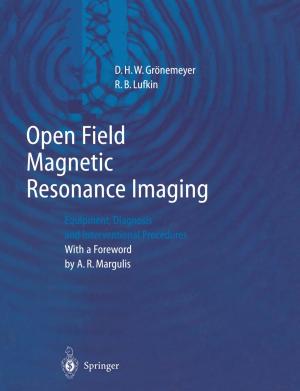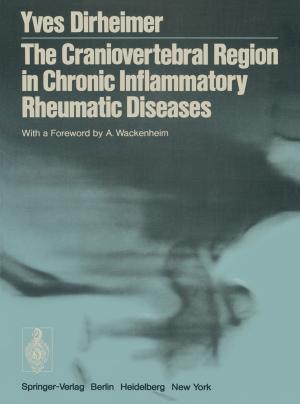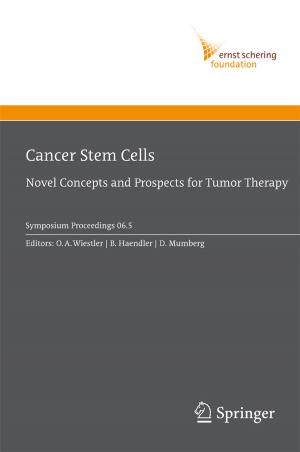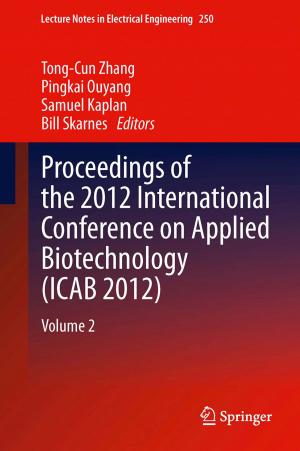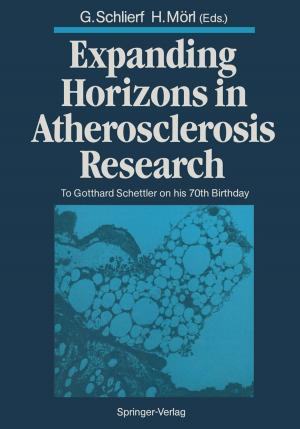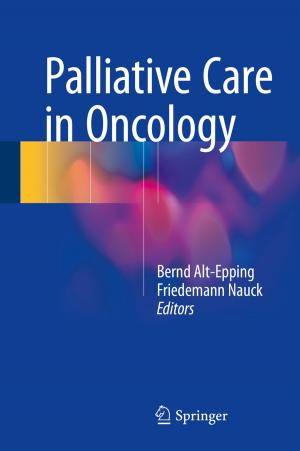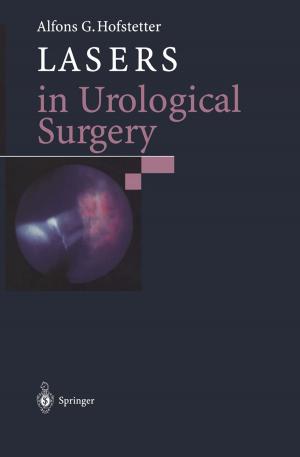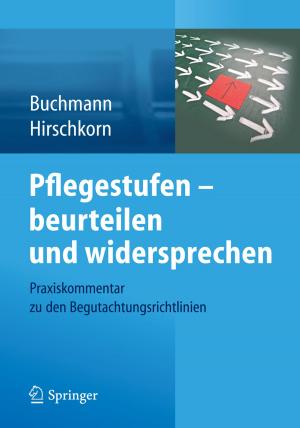Percutaneous Transluminal Angioplasty
Technique, Early and Late Results
Nonfiction, Health & Well Being, Medical, Medical Science, Biochemistry, Specialties, Internal Medicine, Cardiology| Author: | ISBN: | 9783642692789 | |
| Publisher: | Springer Berlin Heidelberg | Publication: | December 6, 2012 |
| Imprint: | Springer | Language: | English |
| Author: | |
| ISBN: | 9783642692789 |
| Publisher: | Springer Berlin Heidelberg |
| Publication: | December 6, 2012 |
| Imprint: | Springer |
| Language: | English |
In the past ten years, there have been significant advances in the diagnosis and therapy of arterial vascular disease. While long-term morbidity can only be improved by changing the patient's life-style and removing any risk factors that may be present(hypertension, hyperlipidemia,obesity,diabetesmellitus, nicotine abuse), symptomatic relief may be obtained by various procedures. Besides conservative treatment of arterial occlusive disease (physical therapy, medical treatment) and surgical vascular interventions (thromboendarterectomy, bypass procedures), balloon catheters introduced percutaneously under local anesthesia have found increased application in virtually all areas for the dilatation and recanalization of obstructive lesions in the past few years. The technique of balloon dilatation, as introduced by Griintzig as a further development of the percutaneous interventions by Dotter and Judkins, is no longer the decisive issue. The main objective of present clinical research is to de termine the proper indications and patient selection for this procedure, which has found its place between conservative treatment and surgery. The contents of this Symposium should provide some guidelines for the indi cations and postprocedural therapy for the referring physician, the angiologist, and for the radiologist and cardiologist performing the dilatation. We owe our thanks to all the specialists involved, who have provided us with the benefits of their experience. Mrs. H. Beilmann and Dr. M. Wojtowycz con tributed substantially to the preparation of the text. I would like to thank them and the staff of Springer-Verlag for their conscientious work in the interest of composition and publication quality.
In the past ten years, there have been significant advances in the diagnosis and therapy of arterial vascular disease. While long-term morbidity can only be improved by changing the patient's life-style and removing any risk factors that may be present(hypertension, hyperlipidemia,obesity,diabetesmellitus, nicotine abuse), symptomatic relief may be obtained by various procedures. Besides conservative treatment of arterial occlusive disease (physical therapy, medical treatment) and surgical vascular interventions (thromboendarterectomy, bypass procedures), balloon catheters introduced percutaneously under local anesthesia have found increased application in virtually all areas for the dilatation and recanalization of obstructive lesions in the past few years. The technique of balloon dilatation, as introduced by Griintzig as a further development of the percutaneous interventions by Dotter and Judkins, is no longer the decisive issue. The main objective of present clinical research is to de termine the proper indications and patient selection for this procedure, which has found its place between conservative treatment and surgery. The contents of this Symposium should provide some guidelines for the indi cations and postprocedural therapy for the referring physician, the angiologist, and for the radiologist and cardiologist performing the dilatation. We owe our thanks to all the specialists involved, who have provided us with the benefits of their experience. Mrs. H. Beilmann and Dr. M. Wojtowycz con tributed substantially to the preparation of the text. I would like to thank them and the staff of Springer-Verlag for their conscientious work in the interest of composition and publication quality.

